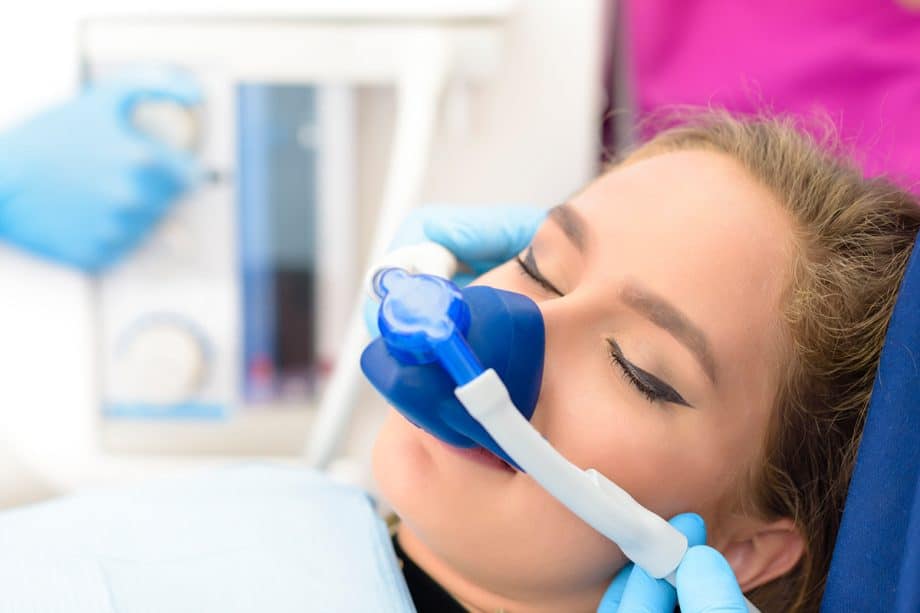Dental anxiety, or dental fear, affects approximately 36% of the population. Some people are so scared that they would rather endure oral pain and discomfort instead of seeing a dentist. Because of current sedation dentistry options and dental tools available, children and adults who were afraid to see the dentist before can now get dental work done in comfort. You'll find useful information below on what sedation dentistry involves and when your dentist might recommend it.
What Is Sedation Dentistry?
Sedation is a medical term that refers to the administration of a sedative drug to a patient to produce a state of calm or sleep. Some dentists are trained and experienced in giving patients medication to help them relax or be less anxious when receiving treatment. There are also different types of sedation and your dentists can recommend any of them, from routine cleanings to invasive procedures like root canal treatment.
Types of Sedation Used in Dentistry
Sedation levels can range from minimal, where you're completely awake and fully conscious, to general anesthesia that puts you to sleep. Your dentist may recommend one of the following safe and effective ways to keep you calm and relaxed depending on the severity of the fear or anxiety you experience:
- Inhaled minimal sedation: Nitrous oxide, also called laughing gas, is commonly used to relieve mild to moderate anxiety. The drug is administered through a mask placed over your nose. You'll remain fully awake and aware throughout your treatment. You're able to resume normal activities immediately after.
- Oral sedation: Your dentist will direct you to take a prescription pill about an hour before your appointment. You should feel fully relaxed by the time you're ready for treatment. The dose will depend on whether you require minimal to moderate sedation. You'll feel a bit drowsy but will remain awake. It's important to have a responsible adult accompany you to the dentist since you may feel groggy and shouldn't drive.
- IV moderate sedation: Here, the sedative drug is administered through a vein and kicks in quickly. The dentist is able to continually adjust the level of sedation to keep you comfortable during the procedure.
- Deep sedation and general anesthesia: General anesthesia or deep sedation is often used for complex or potentially traumatizing dental procedures. Your dentist must have the required qualifications to administer the anesthesia. You'll be fully asleep and will wake once the effects of the anesthesia wear off. Patients do not usually remember the procedure.
Your dentist still needs to use local anesthesia to numb the treatment area and relieve any pain or discomfort related to the procedure.
Who Can Benefit from Sedation Dentistry?
Sedatives designed for use by a dentist are safe for adults and children and may be appropriate for those who:
- Are unable to sit still in the dentist's chair
- Have a sensitive gag reflex
- Are afraid of needles
- Have highly sensitive teeth
- Have a low tolerance for pain
- Are getting multiple or extensive dental procedures done
- Have special needs
Feel Relieved with Sedation Dentistry at Our Practice
Our well-qualified dentists perform sedation dentistry procedures in a safe and supportive environment. We will go over your medical history and assess your dental needs before deciding if sedation dentistry is right for you. We administer sedatives and proceed with treatment only after patients are completely relaxed and ready. Contact us today at 770-985-9559 to learn more about sedation dentistry options

